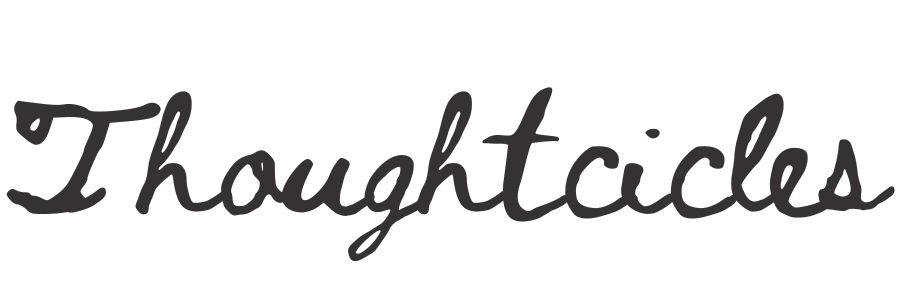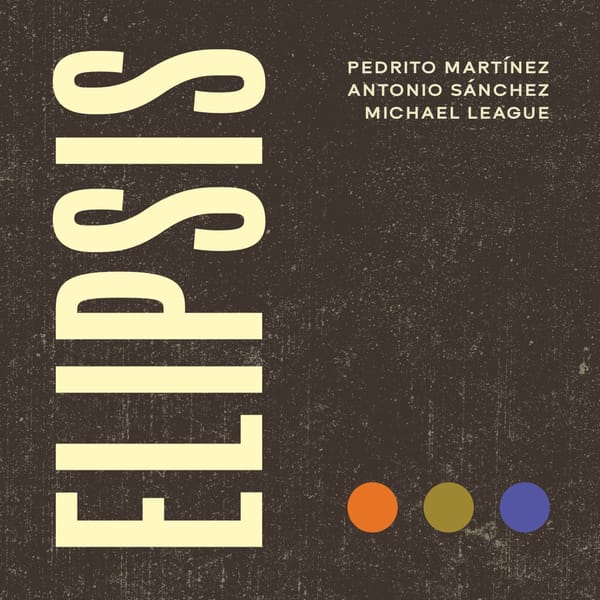Stop Walking Through the Capital-D Door
How short stories became my antidote to social media.

When Elon Musk took over Twitter in October of 2022, doomscrolling was already a part of the modern vernacular. I'd managed to avoid its siren call by curating my experience as much as possible, using mute and block filters generously. But by the spring of 2023, having a good time on Twitter was all but impossible.
My feed teemed with posts lamenting the platform's demise, accounts with 8-bit-styled avatars touting NFTs and meme coins, and, above all, a seething stream of angry tirades with almost no discernible substance. The goal of Twitter, it seemed, was to out-meme everyone else. Doomscrolling wasn't a bug; it was the feature.
Prior to its downfall, Twitter plugged me into a network of tech professionals, helped me find employment, and introduced me to good friends, some of whom I've had the pleasure of meeting offline. But the rapid degradation of Twitter into X shocked me into leaving the platform. Not long after, I extended that into a year-long hiatus from all social media.
It was one of the best decisions of my adult life.

As a kid, I was insatiably curious. This quality had, in fact, followed me into adulthood. But just as a diet high in processed foods dulls the palate and manufactures cravings, social media had distorted my sense of curiosity. I rebelled by burying my nose in books; after all, that's how kid-me used to slake my thirst for knowledge and kindle the fire of my imagination.
To be fair, adult-me never really stopped reading but had mostly chosen books related to my job as a programmer and technical writer. My intellectual diet—even before Musk's Twitter takeover—consisted primarily of technical books and Twitter threads. Screen time dwarfed printed page time.
What I needed was to read a book just for the hell of it.
I began with the genre that captivated me most as a child: science fiction. I devoured James S. A. Corey's Expanse series, which I liked well enough, but found it the literary equivalent of a cheeseburger. In search of something more nutrient-dense, I feasted on Frank Herbert's Dune and Isaac Asimov's Foundation series. Then a friend recommended Ted Chiang, and I fell in love with the science fiction short story.
Short stories are excellent replacements for the social media habit. They slot perfectly into those short pockets of time that partition life—waiting for a doctor's appointment, for gymnastics practice to end, or for the workday to start. Rather than pandering to the reactionary lizard brain, short stories cater to the more reflective parts of the mind. Instead of jolting your system with a shot of algorithm-induced cortisol, they nourish your imagination.
The benefits are numerous: my mood improved, I felt more accomplished, I slept better. When I wasn't in the mood for a short story, I sought out companionship: I spent more time conversing with my wife, I watched more movies with my daughters, and game night became a regular feature in our house.
Quite simply, I had more fun.

Recently, I've been savoring the short stories in Isaac Asimov's Nightfall collection. One gem is It's Such a Beautiful Day (1954) which imagines a future of idle leisure. Robots handle household chores, anti-gravity lifts ferry people between floors, and personal hygiene is all but automated. The centerpiece of this unburdened world is the Door, with a capital D.
The Door is a transportation device, similar to Star Trek's transporter except far more mundane—banal, even. Simply dial in the coordinates of any other Door you'd like to travel to, and walk on through. Unless, that is, yours has broken down. This is the unfortunate situation Mrs. Hanshaw is confronted with at the beginning of the story.
She sends her son, Richard, to the neighbor's house to use their Door to get to school. Richard protests because he'll get dirty. You see, reliance on Doors and limited contact with the outdoors has given this society a somewhat Puritanical obsession with cleanliness. But Mrs. Hanshaw insists, and Richard exits via the "movable house-panel"—the door, with a lowercase d.
To his mother's chagrin, Richard develops a disdain for Doors and begins walking to and from school nearly every day. She puts up with his odd behavior, but worries her son might be neurotic. The day he comes home soaking wet from an unexpected rainstorm and develops a cold, Mrs. Hanshaw decides she's had enough and calls up the neighborhood psychiatrist, Dr. Sloane.
Despite some misgivings, Dr. Sloane makes an effort to connect with Richard by conducting their first session outside. Richard takes him on a tour of the neighborhood. They meander through a flower-filled meadow, pause by a creek, and marvel at the crickets and butterflies.
Curious, Dr. Sloane asks if Richard knows where his house is. Richard points the way: "It's just past the river, over that hill with the big clump of trees… a light green house with a white roof." Green! Dr. Sloane had never known the color of his own house.
Moved by this experience, the doctor urges Richard's mother to ease up on the boy and accept his desire to be outside as normal. Mrs. Hanshaw reluctantly agrees to allow Richard to spend time outside on the weekends, so long as he uses the Door to attend school.
Satisfied, the doctor turns toward the Hanshaws' Door to head home. Reaching for the panel to program his destination, he suddenly hesitates.
"You know," he says, "it's such a beautiful day that I think I'll walk."

Presumably, Asimov's Door is a symbol of the tragic summit of technological over-encroachment—the "choking tide of machinery" as Dr. Sloane finally sees it. But I think it points to something more fundamental: the backwardness of convenience.
The story of humanity is, in a sense, the story of technology. We may not be alone in the use of tools, but we have carried tool-making to heights not reached by any other Earth-bound species.
Technology's goal has always been convenience. For most of history the benefits of that convenience far outweighed the costs. Spears and blades made hunting easier; cooking made food more palatable and safer to eat; agriculture made society more stable; cities let culture thrive and prosper, ensuring better lives and opportunities for our offspring.
Modernization brought mechanization, however, and with it the benefits of technological advancement became more ambiguous and the tradeoffs more precarious. Electricity extended the workday, increasing efficiency and productivity, but at great cost to the planet and our natural rhythms. New modes of transportation made travel easier and more accessible, but smudged the horizon and choked our lungs with smog. Smartphones and the internet have connected us in ways our ancestors might describe as magical, but they have disconnected us from nature, our communities, even our own families.
For all the benefits of modern society, the acute problems facing our age make one thing clear: humans are far better at making things than they are at understanding why we should make them. Our relentless pursuit of convenience has stifled our fulfillment as human beings. As Alain de Botton put it so eloquently in How To Think More Effectively:
Humanity is vastly better at engineering than philosophy: our planes are a good deal more impressive than our notions of what we should travel for; our abilities to communicate definitively outstrip our ideas of how to understand one another.
There is no better example of this, in my opinion, than the algorithms that drive our social media feeds.
Algorithmic feeds promised to learn from our interactions and show us exactly what we want. So why do they always seem to feed us content that increases anger, anxiety, frustration, and depression? The problem isn't the algorithm; it's the assumption that we're any good at knowing what's good for us.
That's not to say we should avoid social media altogether, although it's worth quitting for a short time. The goal is to change our relationship with it. Stop treating it like entertainment. Use it as a tool for finding new, interesting people to connect with, and to support artists and creators that do meaningful work. Use it sparingly.
For me, this means choosing platforms that put control in my hands—like Mastodon, where the chronological feed helps me connect intentionally rather than reactively. It means keeping apps off of my phone to avoid unnecessary notifications. It also means giving myself a little grace when I slip up and fall back into doomscrolling mode. Social media is brand new, as far as human history is concerned. We're bound to be pretty bad at it.
I saw in Asimov's Richard Hanshaw a reflection of myself. Social media had become my Door—a convenient way to fill idle time. So convenient, in fact, that it nearly obscured the fact that I had a choice. We have a choice.
Escaping the Door meant replacing the time I'd spent on social media with short-form literature. But there are a thousand other choices you could make, all better than the alternative. Get outside and exercise, rekindle a lost friendship, learn a new skill.
Whatever you do, stop walking through the capital-D Door.





